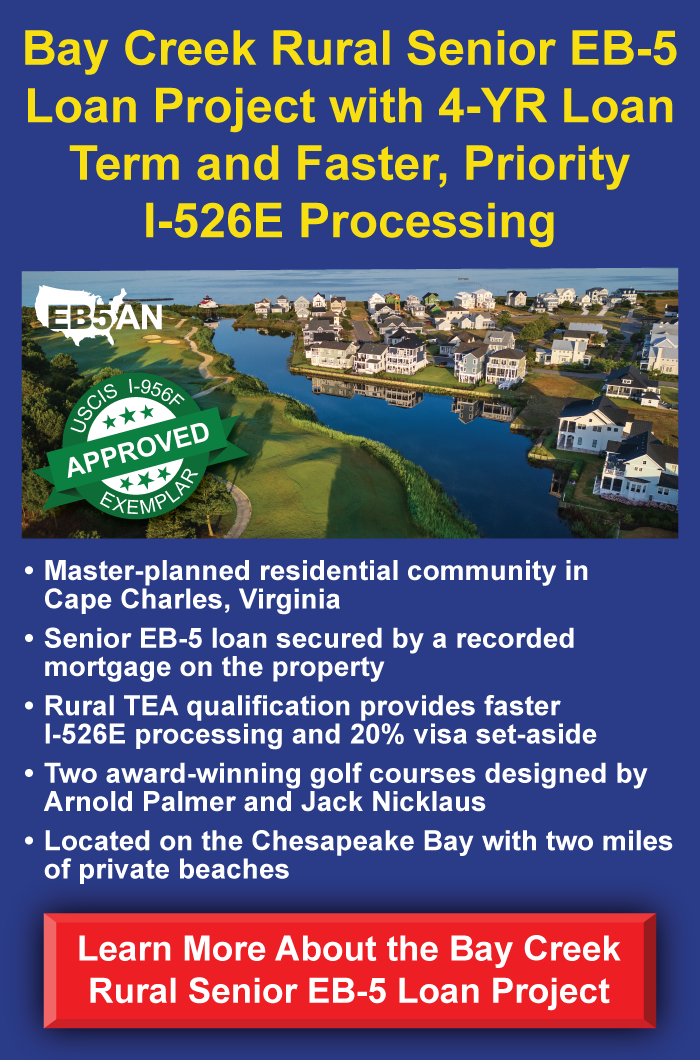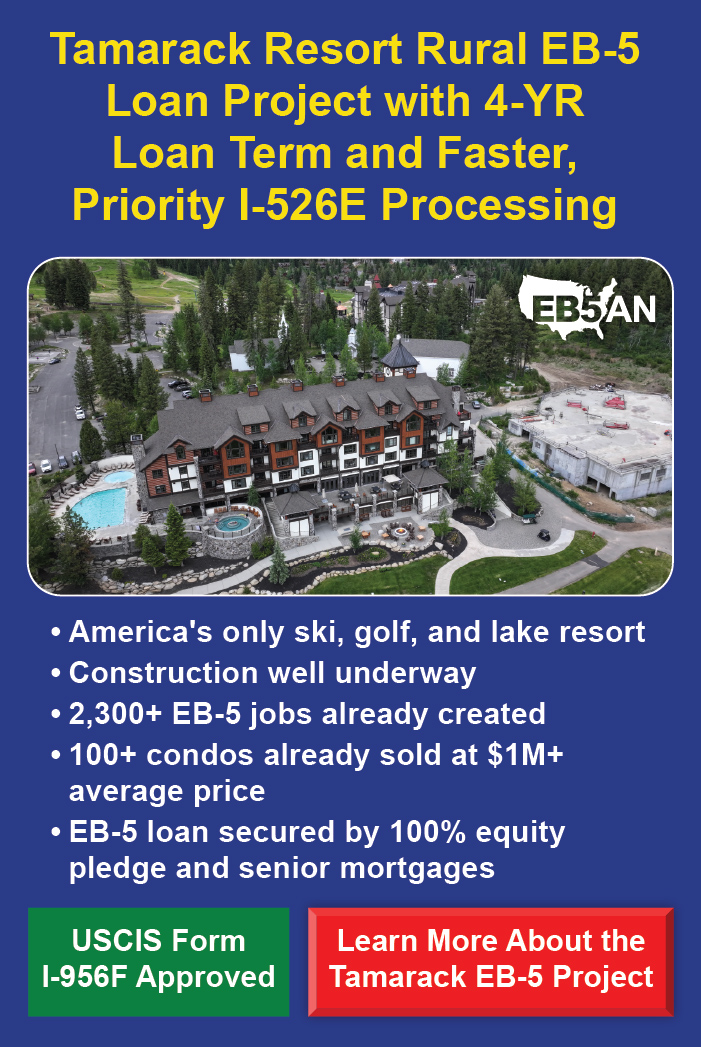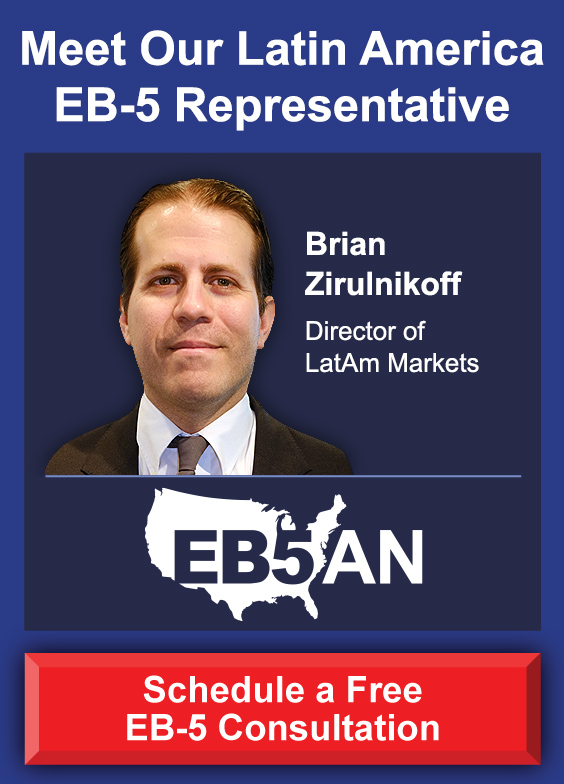Key Questions to Ask When Performing Due Diligence on an EB-5 Regional Center
Any EB-5 investor considering an investment in a project sponsored by a USCIS-approved regional center should conduct detailed due diligence to minimize their immigration risk and financial risk. Investors should also scrutinize the regional center sponsoring the project, the project’s developers, and any other third parties involved should.
1. Is the Entity in Question a USCIS-Designated Regional Center in Good Standing?
EB-5 regional centers are designated by the United States Citizenship and Immigration Services (USCIS). To check whether the entity is approved by the USCIS, an EB-5 investor should request copies of the regional center’s official USCIS designation letter and its most recent I-924A annual filing receipt. In addition to these vital documents, an investor should visit the regional center’s website and check public records. EB-5 investors should not invest in a project sponsored by a regional center that is still awaiting USCIS approval as this will result in their I-526 petition being denied.
Also note that a USCIS regional center designation does not necessarily mean a specific project sponsored by the regional center is approved by the USCIS. Proper diligence on the project itself should be conducted to determine whether or not it has been approved by the USCIS.
2. How Much Experience Does the Regional Center and its Team Have?
An EB-5 investor should consider how long the business in question has held USCIS designation as a regional center and the number of projects it has successfully structured since receiving that designation. One of the key considerations here is whether the regional center has actively been sponsoring EB-5 projects. Before investing in a project, an EB-5 investor should always check to ensure the regional center has maintained its designation by filing its annual I-924A.
Especially for newer EB-5 regional centers, for which only a limited history of successful projects may be available, investors should give particular attention to the experience of the regional center’s owners and/or operators.
3. Who are the Owners/Operators of the EB-5 Regional Center?
The key consideration of this question is whether or not the EB-5 regional center is owned and operated by sophisticated professionals who have worked at name brand financial, consulting, and legal firms. Many EB-5 regional center owners and operators come from non-traditional finance or professional backgrounds and generally do not have past experience overseeing international securities offerings and private investment vehicles. Therefore, it is critical for EB-5 investors to seek a regional center that has a professional team who has worked on comparable business transactions in the U.S. and abroad. Asking for the biographies or resumes of all the regional center owners is a good way to understand the background and experience of potential multi-year partners.
Also, proper due diligence considers whether the interests of the regional center are aligned with those of the EB-5 investors. To this end, EB-5 investors should look at the bigger picture and understand what is at stake for the regional center owners if something were to go wrong. Ideally, the regional center should face significant consequences for failing to comply with EB-5 program requirements—this means that they have more at stake than just loss of rental income. Therefore, an EB-5 investor should seek out a regional center that not only performs due diligence on and sponsors third-party projects, but one that has its own active EB-5 projects under the same EB-5 regional center since this means the regional center risks creating problems for its own projects in addition to those of third-party affiliates if an issue were to arise with the USCIS. Whenever possible, EB-5 investors should try to keep incentives aligned as much as possible.
4. Does the EB-5 Regional Center Have a Track Record of No I-526 or I-829 Denials?
The most important aspect of conducting due diligence on a regional center is determining whether or not the EB-5 regional center has had any denials of investor I-526 or I-829 applications. Newer regional centers may not have many hundreds of approved I-526 petitions given long USCIS processing times, but any presence of denials indicates that the regional center may not be operating within USCIS guidelines; therefore, the risk of an I-526 denial may be higher.
While past success is no guarantee of future success, the regional center’s track record is of some importance. But most important are the investment terms of the specific project itself and the relationship of the EB-5 regional center to the project.










